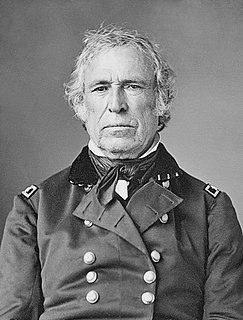A Quote by Herbert Hoover
The rigid volunteer rules of right and wrong in sports are second only to religious faith in moral training.
Related Quotes
The re-interpretation and eventually (sic) eradication of the concept of right and wrong which has been the basis of child training, the substitution of intelligent and rational thinking for faith... are the belated objectives of practically all effective psychotherapy. The fact is, that most psychiatrists and psychologists and other respectable people have escaped from these moral chains and are able to observe and think freely.
The great masses of people do not consist of philosophers; precisely for the masses, faith is often the sole foundation of a moral attitude. The various substitutes have not proved so successful from the standpoint of results that they could be regarded as a useful replacement for previous religious creeds. But if religious doctrine and faith are really to embrace the broad masses, the unconditional authority of the content of this faith is the foundation of all efficacy.
Coming from a sort of very rigid European type of training to this culture which is just a little more open - a lot more open, and kind of curious, and asking different sorts of questions.Because the problem for me was that the European modernist movement in the '70s was all about right or wrong. Some things were right and you were dealing with the truth, as it were, and then some things were wrong and therefore not allowed.
While the Western society gives total freedom to the individuals to do whatever "consenting adults" please, which admittedly is better than having the government poke into your private life and your bedroom, like in Islamic countries, there are no moral compasses to tell what is right from wrong. The very notion of right and wrong has come under question. The motto is "if it feels good do it". Hedonism rules!
Bill Maher is right to condemn religious practices that violate fundamental human rights. Religious communities must do more to counter extremist interpretations of their faith. But failing to recognize that religion is embedded in culture — and making a blanket judgment about the world’s second largest religion — is simply bigotry.
Faith, then, generically, is confidence in a personal being. Specifically, religious faith is confidence in God, in every respect and office in which He reveals Himself. As that love of which God is the object is religious love, so that confidence in Him as a Father, a Moral Governor, a Redeemer, a Sanctifier, in all the modes of His manifestation, by which we believe whatever He says because He says it, and commit ourselves and all our interests cheerfully and entirely into His hands, is religious faith.
For, according to the teachings of Islam, moral knowledge automatically forces moral responsibility upon man. A mere Platonic discernment between Right and Wrong, without the urge to promote Right and to destroy Wrong, is a gross immorality in itself, for morality lives and dies with the human endeavour to establish its victory upon earth.

































